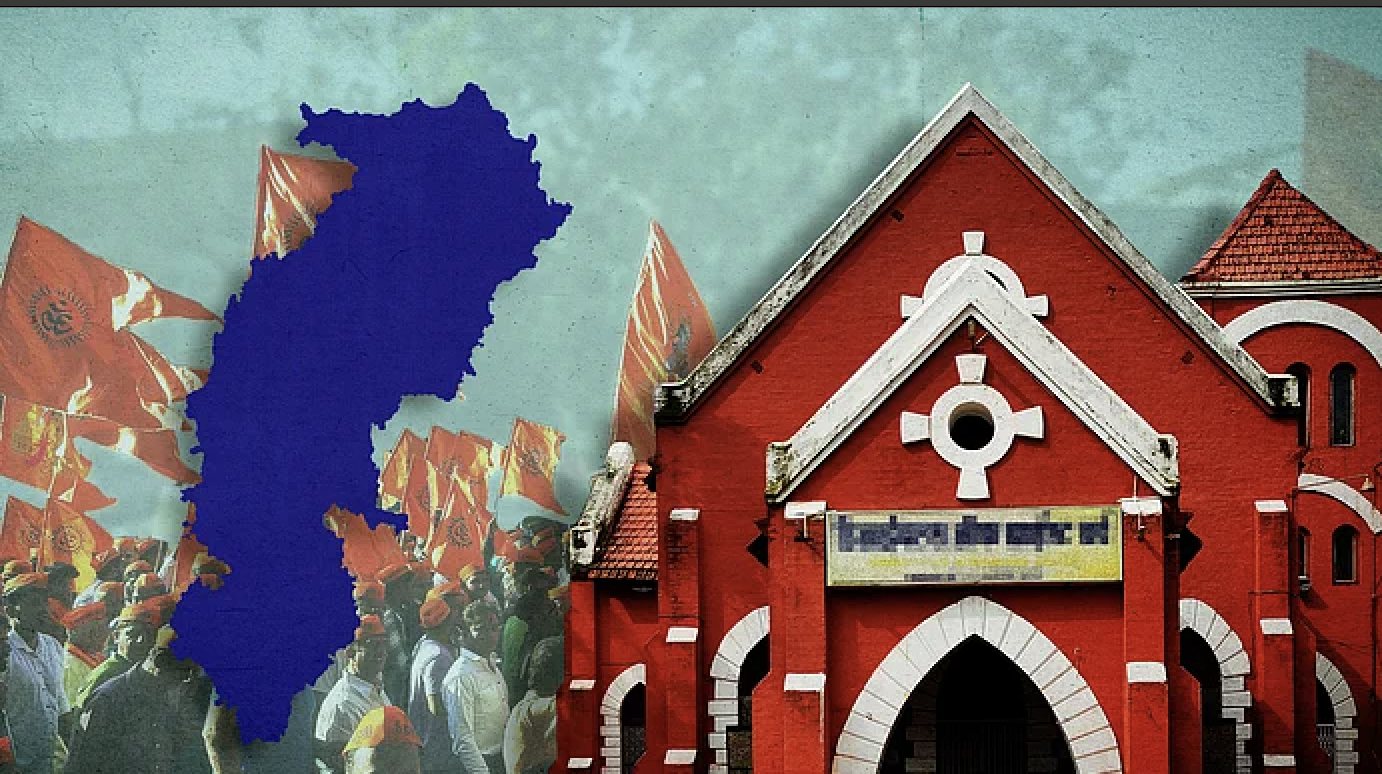
On the morning of July 25, 2025, what should have been an unremarkable train journey erupted into a national flashpoint.
Two Malayali Catholic nuns in their fifties, Preethi Mary and Vandana Francis, and an Adivasi man from Chhattisgarh, Sukhman Mandavi, were accompanying three Adivasi women headed to Agra for domestic work at the Durg railway station. A person affiliated with the Bajrang Dal – the youth wing of the Vishwa Hindu Parishad (VHP) – noticed the group.
He filed a police complaint accusing Mary, Francis, and Mandavi of human trafficking and religious conversion. By that evening, Chhattisgarh’s Government Railway Police had apprehended them and filed a First Information Report (FIR).
Family members of the three women travelling to Agra rejected the trafficking claims and said that they had left with their consent. Two among the three women stated that they had been adherents of Christianity for several years. One of the women alleged that the police had tampered with her statement to falsely implicate the nuns and Mandavi, relying instead on information provided by Bajrang Dal members.
The arrests triggered a political storm. Within the Bharatiya Janata Party (BJP), they revealed ideological doublespeak. On the one hand, BJP politicians in Kerala – where the party is attempting to court Christian voters – made a public display of supporting the nuns. On the other, Chhattisgarh’s Chief Minister, BJP leader Vishnu Deo Sai referred to the case as one of “human trafficking under the guise of conversion by luring” that concerned “the safety of our daughters”.
After more than a week in custody, the nuns and Mandavi were granted bail by a National Investigation Agency court, which observed that the FIR against them was “primarily based on a mere apprehension and suspicion of commission of an offence”.
This story was originally published in newslaundry.com. Read the full story here.

